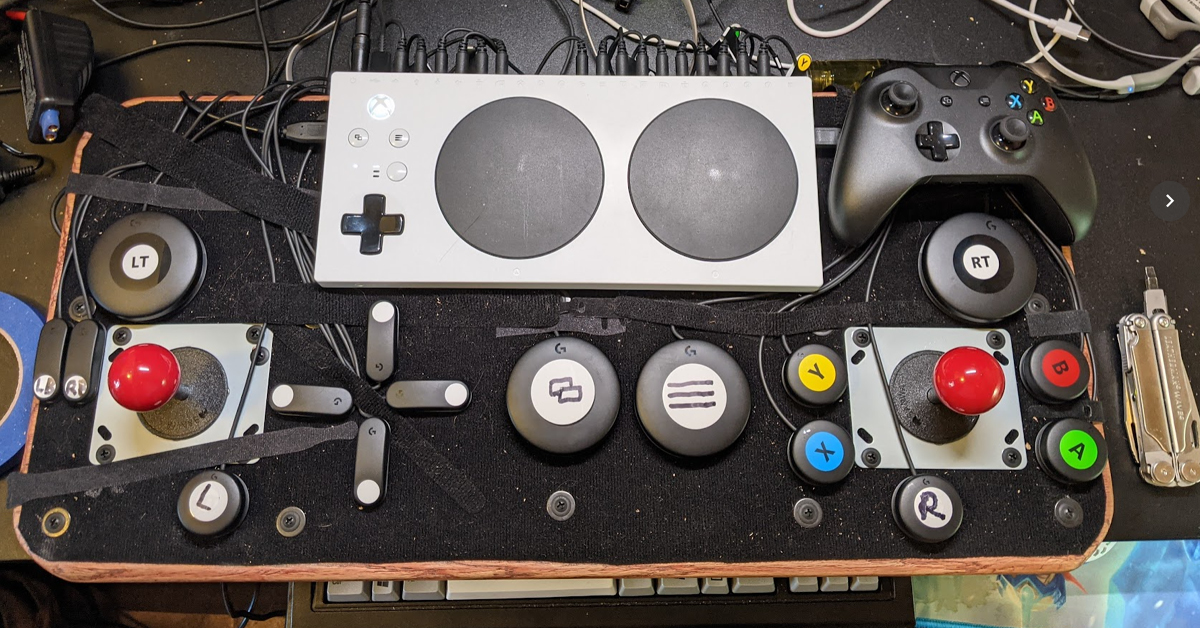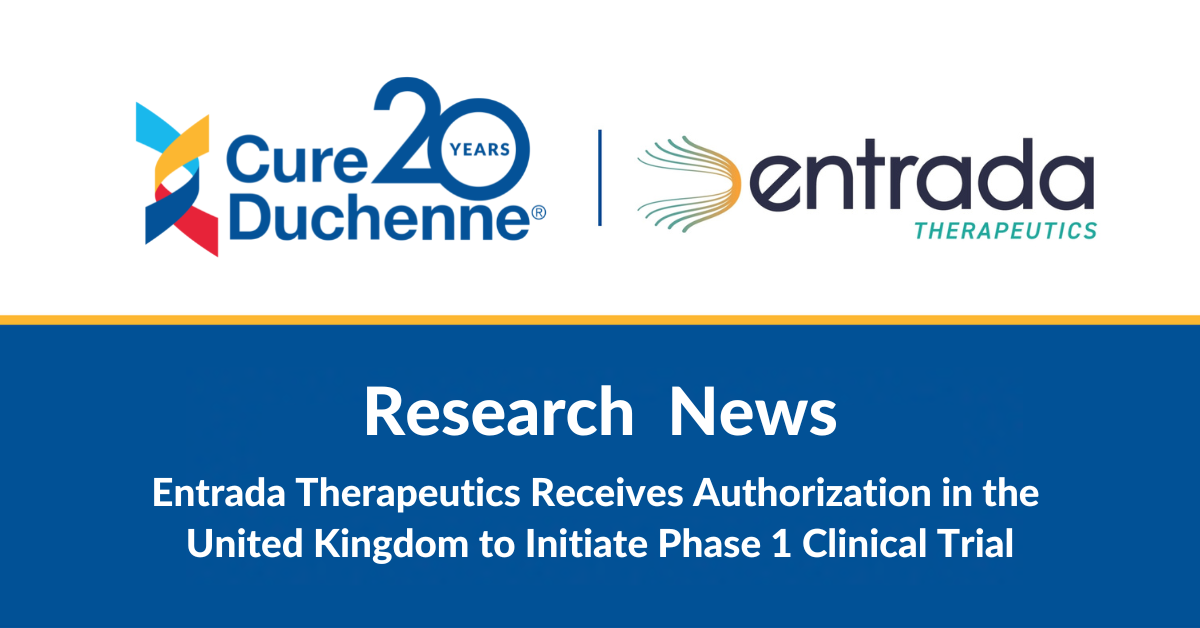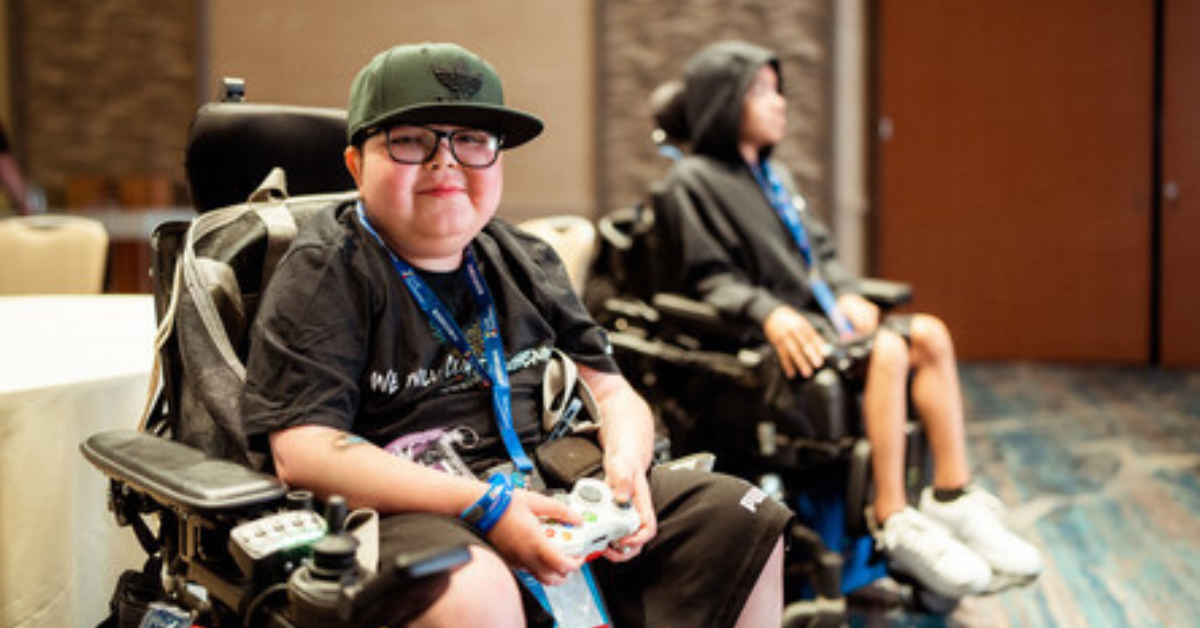What Is the Master Protocol for Duchenne?
Monday, I attended a meeting in Washington DC, hosted by Duke University’s Center for Health Policy, which included three sessions:
- Using Prior Data from Early Phase Trials to Inform Phase 3 Designs
- Utilizing Patient Registry and Natural History Study Data to Advance Therapeutic Development for Rare Diseases
- Leveraging Master Protocols for Trials with Small Patient Populations
 The FDA was well represented and engaged in the discussions. In fact, the FDA encouraged innovative ideas for rare disease trial design and contributed to the dialog by its ability to bring vast experience to the table. The ability to use prior acquired data, natural history studies and patient registries will enable smaller trials to utilize more comprehensive data sets in evaluating results in rare diseases.
The FDA was well represented and engaged in the discussions. In fact, the FDA encouraged innovative ideas for rare disease trial design and contributed to the dialog by its ability to bring vast experience to the table. The ability to use prior acquired data, natural history studies and patient registries will enable smaller trials to utilize more comprehensive data sets in evaluating results in rare diseases.
Dr. Woodcock has written and spoken on Master Protocol for rare disease. There was robust practical and technical debate on the feasibility of using this design for rare diseases, including Duchenne. The main advantage of pooling multiple drug trials together is to have a common placebo group, thus reducing the number of patients that do not receive drug during a clinical trial.
The technical aspects of a Master Protocol were discussed, as well as considerations for biotech and pharmaceutical companies that develop drugs for rare disease. But, in spite of acknowledging the importance of the patient/parent voice in drug development, there was little consideration to the patient/parent voice in this Master Protocol discussion. We also learned during the FDA seminar that a consultant is working on a draft Master Protocol and that a “design team” involving pharma/biotech is providing input. We do not currently know which companies are involved in this discussion.
A couple of considerations for parents are:
- It’s possible that your child will be randomized in a drug trial and you might not be able to choose which drug he will potentially be receiving, assuming he’s not in the placebo arm.
- It’s not clear who will decide which drug trial your child enters; how will we know that there is equitable representation on these decisions?
I personally have a very open mind about these ideas and appreciate everyone who seeks new and better ways to develop drugs for Duchenne. But, as a mom and CureDuchenne’s CEO, the thought that families could potentially be excluded from decisions such as trial choice concerns me, and I’d like for all of us to be part of that discussion now.
We applaud these innovative ideas. And, I especially appreciate Dr. Woodcock’s enthusiasm for improving drug development for rare diseases. But, any major initiative can have unintended consequences, and I’ve asked a few times for the general Duchenne community to be involved in these discussions now. If we as a community, demand to have our voices heard, there should be transparency from the beginning. I feel confident the Duchenne community is knowledgeable enough to add significant input before we are asked to accept a protocol that can directly affect our children.
Even though it’s early in the development of this protocol, we encourage PPMD to share the progress on the Master Protocol draft with the entire Duchenne community and seek our input now, since this potentially affects all our children.




